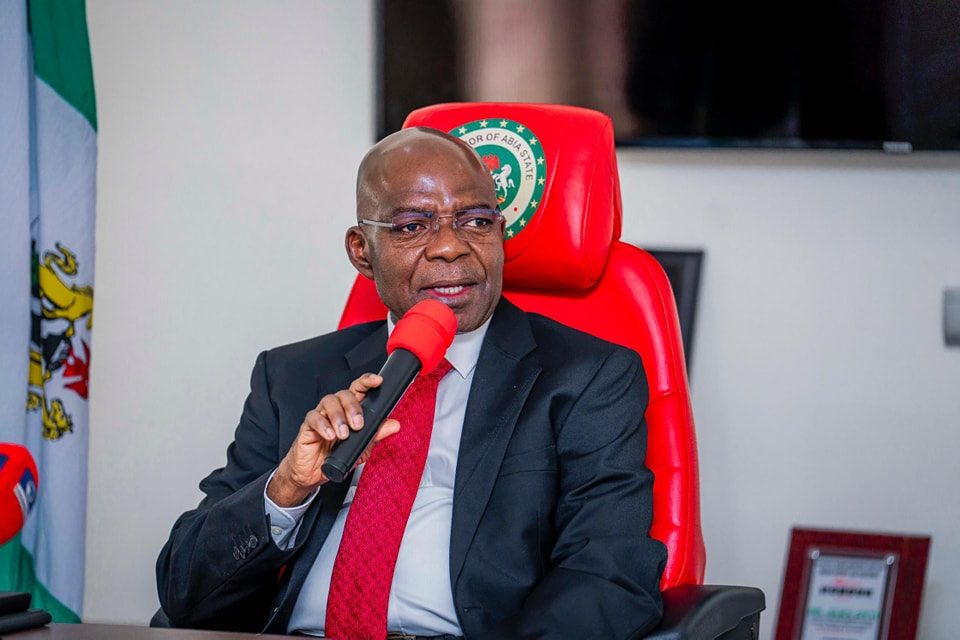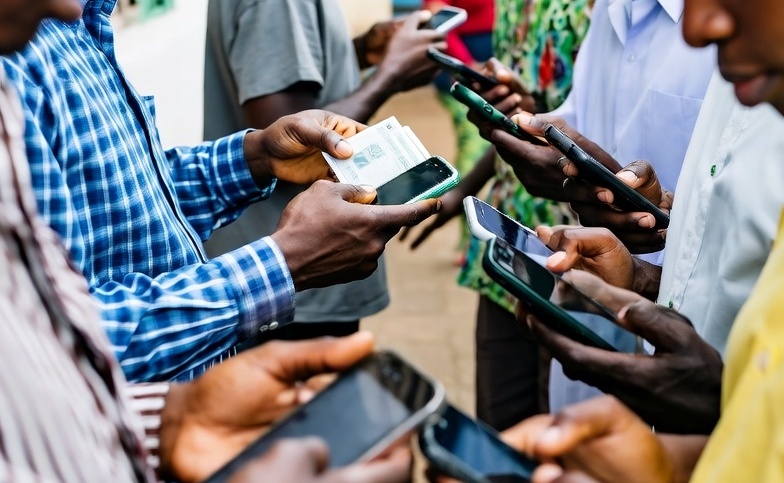•Shettima: we’re bridging transition gap between learning and earning for thousands of graduates
Deji Elumoye in Abuja
The federal government is to invest $220 million in creating employment opportunities for young Nigerians.
The initiative, which is to be spearheaded in conjunction with the European Union (EU) and United Nations Development Programme (UNDP), through the second phase of the Nigeria Jubilee Fellows Programme (NJFP) 2.0, is aimed at connecting high-potential graduates with real-world work experience, training, and mentorship.
Vice President Kashim Shettima, made the disclosure on Wednesday when he formally flagged off NJFP at State House, Abuja.
Shettima said the goal was “to bridge the transition gap between learning and earning for thousands of young Nigerians; graduates who have the education, but not always the opportunity”.
According to him, this will translate the country’s demographic strength “into productive economic power, proving that when government provides structure, partnership, and purpose, young Nigerians rise to the occasion”.
He statee that while NJFP was a Nigerian programme shaped by national priorities and guided by the country’s sense of purpose, the administration of President Bola Tinubu was determined to deepen the ownership by embedding the programme into government’s national planning and budgeting frameworks.
He stated, “This government will do its part — by ensuring that our financial commitment to the programme reflects our belief in its transformative potential. But national ownership must also mean national participation.
“As we launch NJFP 2.0 today, I call on our partners — from the private sector, the development community, and the donor ecosystem — to join us in building the NJFP Basket Fund, a sustainable financing mechanism to secure the programme’s future.
“Our immediate goal is to raise $220 million, not as charity, but as an investment in the nation’s most valuable asset: our young people.”
Shettima implored EU, UNDP and other partners to consider the flag-off of the programme as an opportunity to prove that “youth employment is not just a policy priority but a shared responsibility”.
Shettima observed that when resources were pooled and intentions were aligned in the course of building together, a multiplier effect was created that benefitted the country’s economy.
The Vice President acknowledged the contributions of EU and UNDP, stating that their belief in Nigeria’s youth has demonstrated what could be achieved through collaboration.
He said it was high time Nigeria, through its public institutions, private sector champions, and philanthropic community led from the front, maintaining that inclusivity is key to driving the process.
The vice president stated, “As we scale NJFP 2.0, inclusivity remains at the heart of our design. We recognise that our young people are not a single story. They live in different realities, across regions, genders, and social backgrounds.
“Therefore, this next phase will intentionally reach every corner of the country, aligning placements with the sectors that will define our economic future: agriculture, renewable energy, digital technology, manufacturing, and the creative industries.”
Shettima expressed hope that the second phase of the NJFP would turn out to be a success story “of how Nigeria turned its demographic advantage into a generation of productive citizens — creating jobs, building enterprises, and shaping the future of our great nation.
“The task before us is both serious and inspiring. The young Nigerians we seek to serve are not asking for handouts — only for a fair system that recognises effort, rewards merit, and provides opportunity. They are ready to build if we are ready to back them.”
Earlier, Minister of Youth Development, Comrade Ayodele Olawande, described NJFP 2.0 as a continuation of the federal government’s success in youth empowerment.
He stated that since the programme began in 2021, it had helped over 13,000 youths to gain skills, assuring that the initiative will build on its progress and achieve its long-term goal of placing 100,000 youths in jobs within five years.
In her welcome address, Resident Representative of the United Nations Development Programme (UNDP) in Nigeria, Ms. Elsie Attafuah, said the generous funding from the European Union and implementation support from UNDP, over the years, were aimed at connecting potential to opportunity.
Attafuah stated that the vision behind NJFP had come to light, resulting in over 40,000 Nigerians being placed in various economic sectors.
She stressed that millions of Nigerians needed the NJFP platform to thrive in today’s economy.
European Union Ambassador to Nigeria, Gauthier Mignot, said EU was looking forward to seeing NJFP 2.0 programme integrated into Nigeria’s governance agenda to ensure its sustainability.
Delivering the keynote address, titled, “Building a National Workforce for the Future,” Chief Executive Officer of Sterling Bank, Abubakar Suleiman, emphasised that millions of Nigerians could perform the jobs currently being outsourced to foreign companies if they were given the right opportunities, such as those provided under NJFP programme.
He urged the relevant authorities and stakeholders not to ignore the millions of Nigerians who, without support, might never transition from graduates to gainful employment.





